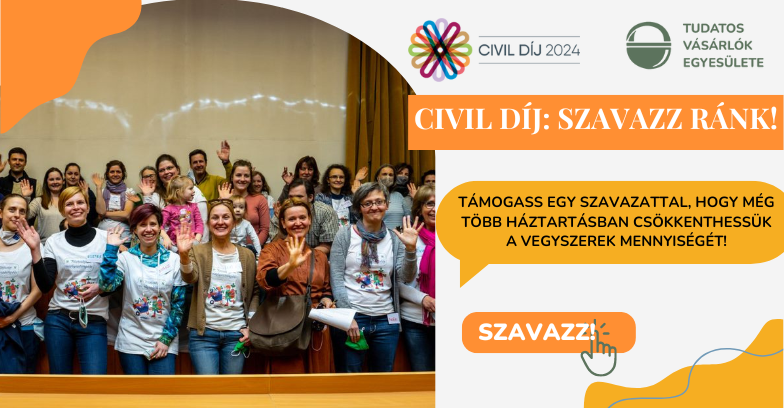
| Tim Kasser
Consumption and Time
Recently, we conducted four studies showing that, even after
controlling for how wealthy a person is, agreement with statements like
“My life has been too rushed” and “There have not been enough minutes
in the day” is associated with lower satisfaction in life and feeling
fewer pleasant emotions (like “pleased” and “joyful”) and more
unpleasant emotions (like “unhappy” and “frustrated”).
Many people in the world are not aware that
poverty is rife in my home country, the United States of America. Oh
sure, we have a powerful economy and, compared to the rest of the world, most
people are quite rich in terms of houses, cars, electronic equipment, and the
like. But we are becoming increasingly poor in one of the most important
things in life: Time.
I find that nowadays when I ask someone “How are you doing?” the most frequent
response I hear back is “busy.” And no wonder! Americans are
working about 160 hours per year more than they did 30 years ago.
Americans also work substantially more than most Europeans – about 400 hours
per year more than the Dutch and the Norwegians, for example. That
translates into an extra year or so of work every 4-5 years.
Part of the problem is that in America, there are no mandatory minimum
vacations, and those of us who do have vacations usually only get about 2 weeks
per year; as I understand it, in Hungary, new employees start with 4 weeks per
year. Another example of Americans’ time poverty concerns raising newborn
infants. In the U.S., most women are allowed about 6 weeks of leave
after giving birth, and then are right back to work; in Hungary, I understand
that most parents receive around two years of leave.
The costs of this time poverty in America have been quite high. As is
well-reviewed in the 2003 book Take Back your Time (edited by John deGraaf),
time poverty and overwork are associated with various kinds of health problems,
the breakdown of communities and families, and a host of other
difficulties. My colleagues and I have also been studying difficulties
associated with time poverty, and have focused on two particular
problems.
The first problem concerns happiness. Recently, we conducted four studies
showing that, even after controlling for how wealthy a person is, agreement
with statements like “My life has been too rushed” and “There have not been
enough minutes in the day” is associated with lower satisfaction in life and
feeling fewer pleasant emotions (like “pleased” and “joyful”) and more
unpleasant emotions (like “unhappy” and “frustrated”). Our studies also began
to point towards explaining why time poverty undermines feelings of
well-being: Results showed that people who feel too busy also report
being more distracted from the present moment and report spending less time
doing things that are fun and enjoyable and that connect them with loved
ones.
The second problem of time poverty we have studied concerns the
environment. When people are busy, they are more likely to drive a car
instead of walk and more likely to eat highly processed, highly packaged fast
food than to cook something locally grown and unpackaged; further, busy people
have less time to do things that help the environment like recycle, garden, and
the like. In another one of our studies (published in deGraaf’s book), we
showed that the more hours per week individuals worked, the less likely they
were to behave in ecologically sustainable ways and the more environmental
resources it took to support their lifestyles.
Although there are a variety of reasons why people experience time poverty, one
of the main causes seems to be the push for material affluence. That is,
many people seem willing to trade their time so that they can work more and
more hours in order to obtain higher and higher levels of wealth and fancier
possessions; of course, that is what all those advertisements are trying to
convince them to do. Another thing that causes time poverty is that many
businesses and governments are becoming increasingly obsessed with higher
profits and economic growth; as this happens, they typically become less
willing to support initiatives that would help citizens to enjoy more “time
affluence.” This is why Americans, compared to the rest of the world,
have fewer vacations, work more mandatory overtime, and have less leave time to
spend with their families: Companies and the government are worried such
policies would interfere with economic growth.
When I visited Hungary for the first time this winter, I was struck by how much
your nation seems to be adopting this capitalistic and consumeristic
mindset. Many of my hosts expressed concerned about these developments,
and part of why I write this article now is to let Hungarians know, from my own
experience as an American and my research as a psychologist, that there are
definite costs to adopting a lifestyle focused on money and possessions.
As I hope I’ve shown in this short essay, the obsession to gain material wealth
and possessions comes with a heavy price tag: Less time to live one’s
life in a way that benefits one’s self, one’s loved one’s and the world at
large.
This article first appeared in the Conscious
Consumer magazine, issue 8.
The Author, Tim Kasser, Ph.D., is an
Associate Professor of Psychology at Knox College in Galesburg, Illinois,
USA. He has written numerous scientific articles on materialism,
consumerism, and quality of life. His first book Az anyagiassag sulyos
ara was published in Hungarian in 2005 by Ursus Libris.


